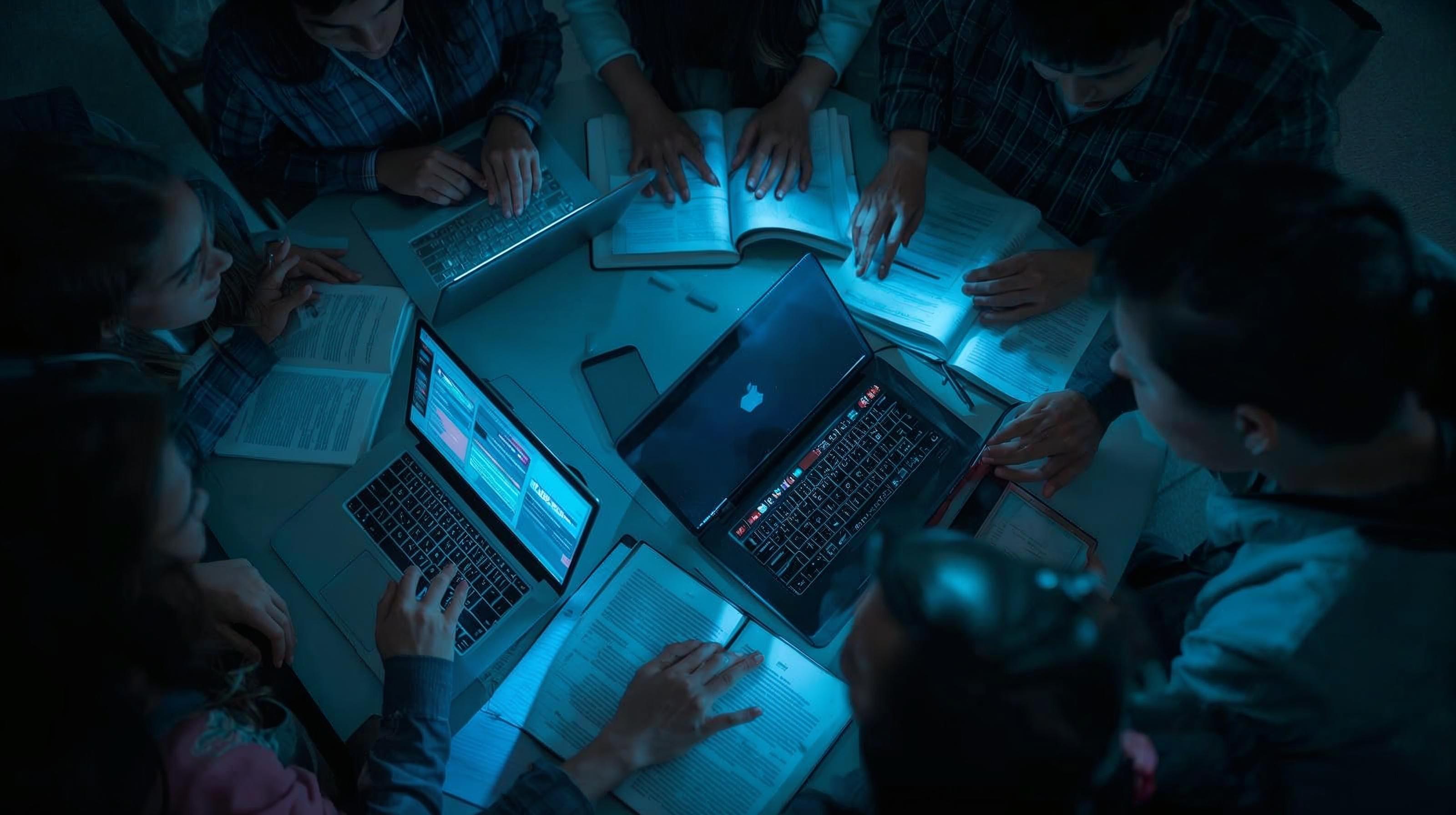Topshop has staged what it describes as a world-first AI-driven shoppable catwalk in Manchester, as part of its UK brand revival. The Manchester event combined physical runway looks with real-time digital purchasing through a bespoke Front Row AI app.
Guests in Manchester were able to buy outfits instantly as models walked, while also trying on virtual versions after the show. The experience was adjudicated by the World Record Certification Agency and positioned as a new model for immersive retail in the UK.
The Manchester showcase formed part of Topshop’s regional strategy beyond London, highlighting the North West’s role in the UK fashion sector. Students from the University of Salford and Manchester Metropolitan University designed and presented the finale in Manchester.
Topshop’s broader comeback in the UK includes pop ups in John Lewis stores, a standalone website relaunch and a partnership with Liberty in London. Executives said Manchester marked a new phase where AI and commerce converge to reshape retail experiences.
Would you like to learn more about AI, tech and digital diplomacy? If so, ask our Diplo chatbot!










